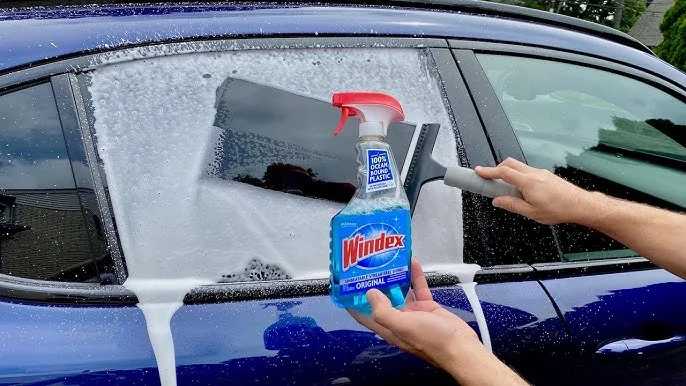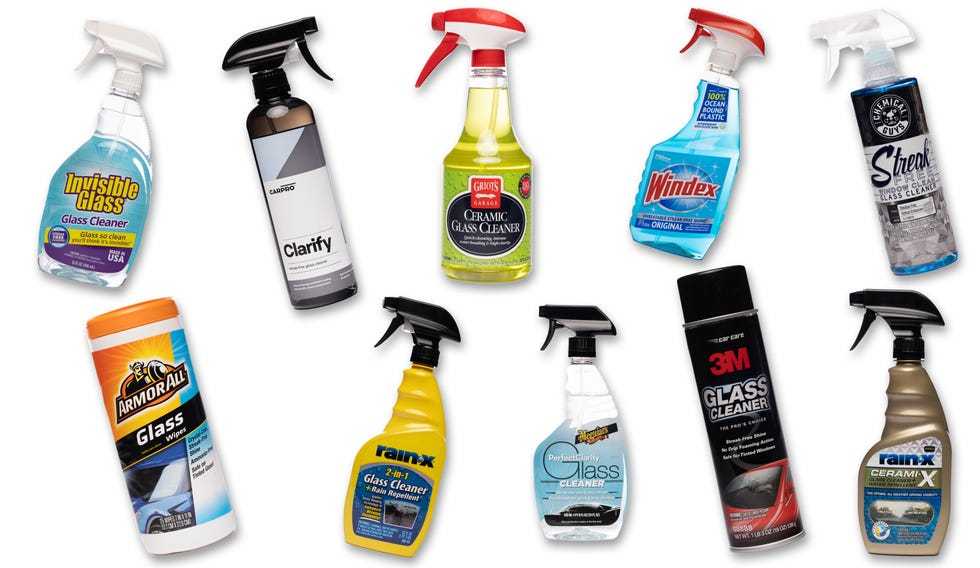Absolutely, car window tinting is worth considering if you’re looking to enhance your driving experience. It offers numerous benefits like reducing glare, protecting against UV rays, and increasing privacy, making your time on the road more comfortable and secure. Whether it’s worth the investment depends on your priorities—cost, legal regulations, and personal preferences all play a role. For many car owners, the advantages far outweigh the costs, especially in hot or sunny climates.
Window tinting can significantly improve your driving comfort and vehicle aesthetics, but it’s essential to weigh the costs and legal restrictions beforehand. If you’re tired of scorching sun, harmful UV exposure, or prying eyes, tinting can be a game-changer. Ultimately, for those seeking a blend of comfort, safety, and style, car window tinting is a smart investment worth making.
Car window tinting has surged in popularity among vehicle owners, but is it really worth it? Many drivers are eager to find out if the benefits justify the expense and effort. The truth is, tinted windows can do much more than just improve your car’s look; they provide practical advantages like UV protection, heat reduction, and added privacy. Plus, they can even help protect your interior from sun damage, extending the life of your seats and dashboard. However, understanding the legal limits and potential drawbacks is crucial before making the decision. In this article, we’ll explore the factors that determine whether tinting is a worthwhile upgrade for your vehicle, helping you make an informed choice that aligns with your needs and lifestyle.
Is Car Window Tinting Worth It? A Complete Guide
Understanding the Basics of Car Window Tinting
Car window tinting involves applying a thin film of material to the inside of your vehicle’s windows. This film can vary in color and shade, offering different benefits. Many car owners consider tinting their windows to improve comfort, privacy, and style.
Types of Window Tinting Films
There are several types of tinting films, each with unique features. These include dyed films, metalized films, hybrid films, and ceramic films.
- Dyed Films: Cost-effective and good for reducing glare but may fade over time.
- Metalized Films: Durable and reflect heat but might interfere with electronic signals.
- Hybrid Films: Combine dye and metal for balanced benefits.
- Ceramic Films: Offer the best heat rejection without signal interference but tend to be more expensive.
Legal Regulations and Tint Limits
Before getting your windows tinted, it is important to understand local laws. Different regions impose strict limits on tint darkness and reflectivity. Violating these rules can lead to fines or having to remove the tint altogether.
For example, many states allow a certain percentage of light to pass through, known as the VLT (Visible Light Transmission). It ranges typically from 5% to 70%. Always consult your local regulations to ensure compliance.
Benefits of Car Window Tinting
Many drivers find tinting their windows highly beneficial. Here are some of the main advantages:
Enhanced Comfort and UV Protection
Tinted windows significantly reduce heat and glare inside the car. A good film filters out up to 99% of harmful UV rays, protecting your skin and preventing interior fading.
Improved Privacy and Security
Tinted windows limit visibility from outside, making it harder for thieves to see valuables inside. This added privacy can help prevent break-ins and car theft.
Reducing Glare on the Road
Glare from the sun or headlights at night can impair your vision. Tinting reduces this glare, making driving safer and more comfortable.
Protecting Your Car’s Interior
Ultraviolet rays cause fading and cracking of seats, dashboards, and other interior components. Tinting helps preserve your vehicle’s interior for a longer time.
Common Concerns and Downsides of Window Tinting
While tinting offers many benefits, some drawbacks should be considered.
Cost of Installation
High-quality tint films and professional installation can be expensive. Prices vary based on the type of film and vehicle size but generally range from $100 to over $400.
Potential for Damage and Peeling
Poor quality films or improper installation can lead to bubbling, peeling, or discoloration over time. Choosing a reputable installer helps avoid these issues.
Interference with Electronics
Certain metallic films may interfere with electronic signals like GPS, radio, and cell phones. Ceramic films typically do not have this problem.
Legal Risks
Getting a tint that exceeds legal limits can result in fines and having to remove the film. Staying within the legal limits is crucial.
Cost Comparison of Different Tinting Options
| Type of Tinting | Average Cost | Benefits | Drawbacks |
|—————-|————–|———-|———–|
| Dyed Films | $100-$200 | Affordable, good heat reduction | Fades over time, less durable |
| Metalized Films | $200-$300 | Durable, better heat rejection | Signal interference |
| Hybrid Films | $300-$400 | Balance of durability and heat rejection | Slightly more costly |
| Ceramic Films | $350-$500 | Excellent heat management, no signal issues | High upfront cost |
How to Choose the Right Tinting for Your Vehicle
When selecting a tint, consider your needs and budget. Check local laws to ensure your tint complies. Think about the climate and how much heat rejection you want.
Also, compare different brands and installers to find quality work. Reading reviews and asking for examples of previous jobs can help you make an informed choice.
Professional vs. DIY Window Tinting
While DIY kits are available, professional installation offers many advantages. Professionals ensure the tint is applied smoothly and accurately, preventing bubbles and peeling.
Professional installers also have access to quality materials and can advise on the best tint for your needs and legal limits.
Maintenance of Tinted Windows
Proper care extends the life of your tint. Avoid rolling down windows for at least a few days after installation. Use a soft cloth and mild soap to clean the windows. Avoid abrasive cleaners that might damage the film.
Regular maintenance keeps the tint looking new and functioning effectively.
Summary of Why Car Window Tinting Might Be Worth It
Getting your car windows tinted can improve comfort, privacy, and protect your vehicle’s interior. It can also enhance your driving experience by reducing glare and heat.
While upfront costs and legal considerations exist, the long-term benefits often outweigh these concerns. Careful selection of materials and professional installation ensure you maximize the advantages of window tinting.
Related Topics to Consider
- Comparing Different Types of Car Films
- How to Find a Reliable Window Tinting Professional
- Legal and Safety Tips for Car Window Tints
- Cost-Benefit Analysis of Heat-Reflective Window Films
How to Choose the RIGHT Window Tint | Don't Make A Mistake
Frequently Asked Questions
How does car window tinting impact thermal comfort inside the vehicle?
Car window tinting helps regulate the temperature inside your vehicle by blocking a significant portion of solar heat. This keeps the interior cooler during hot days, reducing the need for air conditioning and making your driving experience more comfortable.
Can window tinting improve the safety of my vehicle?
Yes, window tinting can enhance safety by holding shattered glass together if an accident occurs. Additionally, tinted windows can make it more difficult for potential thieves to see valuables inside, deterring break-ins.
Does window tinting contribute to preserving my vehicle’s interior?
Window tinting reduces exposure to harsh sunlight, which minimizes fading and cracking of the upholstery, dashboard, and other interior components. This helps maintain your vehicle’s interior quality over time.
What should I consider when evaluating the cost of window tinting?
Consider the quality of the tint film, the reputation of the service provider, and the level of UV protection offered. While higher-quality tints may cost more upfront, they typically last longer and provide better performance, making them a worthwhile investment.
Are there legal restrictions I should be aware of before tinting my car windows?
Yes, many regions have specific laws regarding the permissible darkness of window tints. Check local regulations before getting your windows tinted to avoid fines and ensure your tint complies with legal standards.
Final Thoughts
Car window tinting offers many benefits, including improved privacy, reduced glare, and UV protection. It enhances the overall look of your vehicle and can even help keep the interior cooler.
Considering these advantages, many car owners wonder if the investment is worthwhile.
is car window tinting worth it? For many, the benefits outweigh the costs, making it a smart choice. Ultimately, it depends on your preferences and needs, but tinting often proves to be a valuable upgrade.



